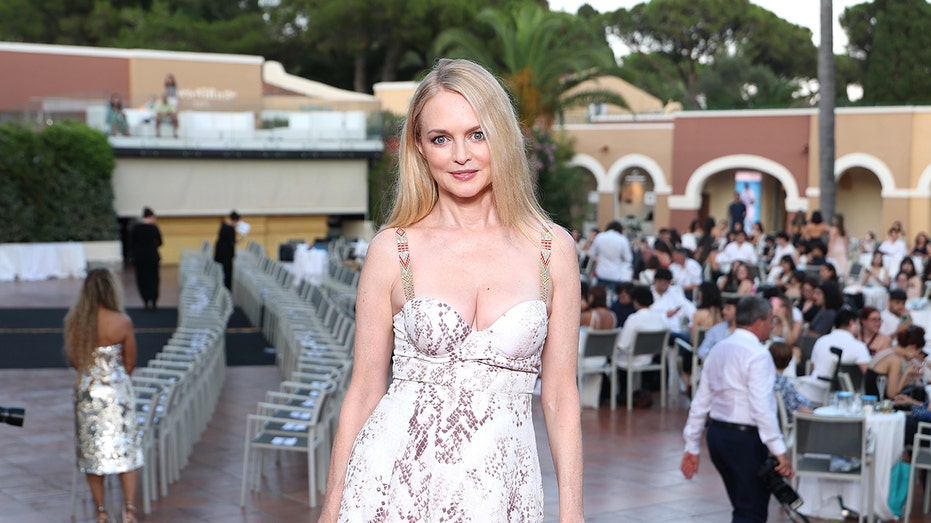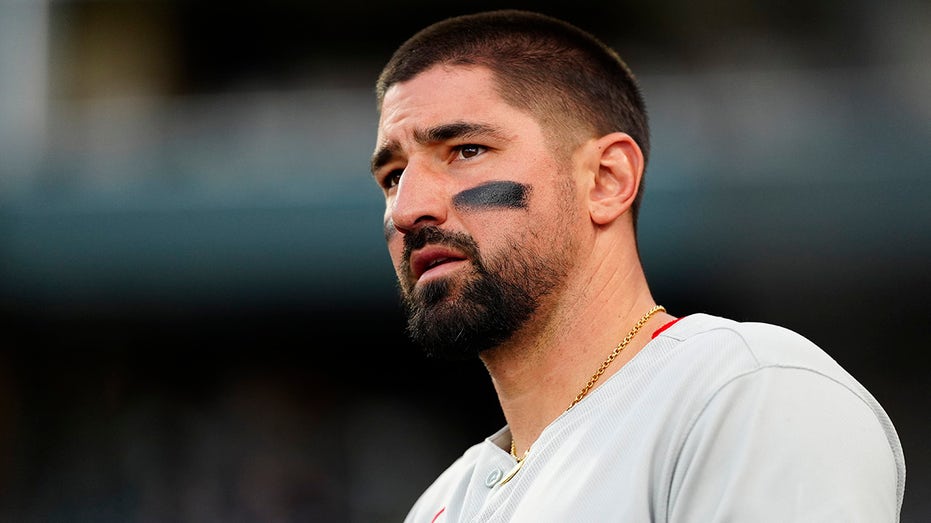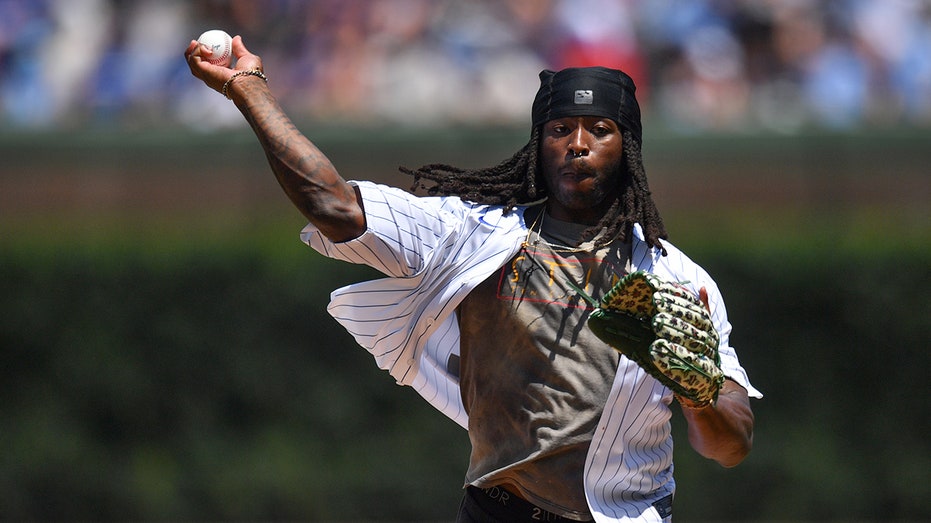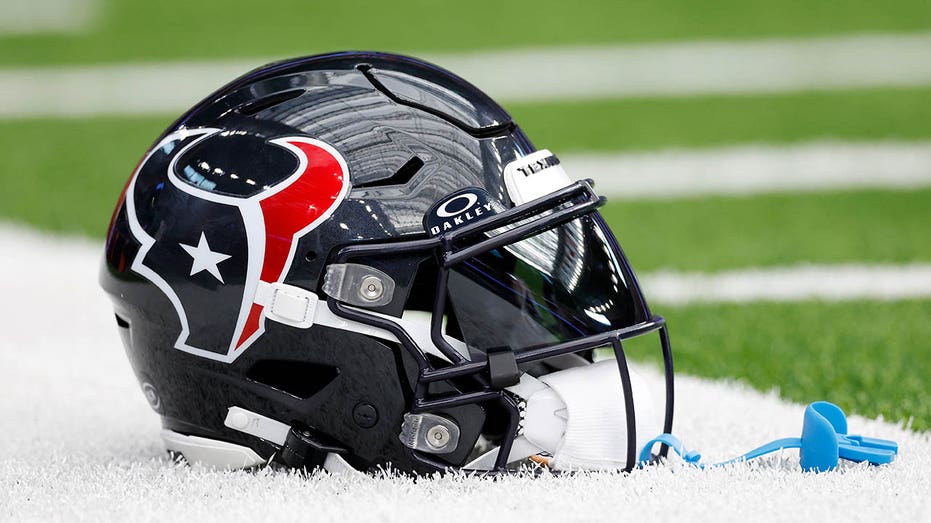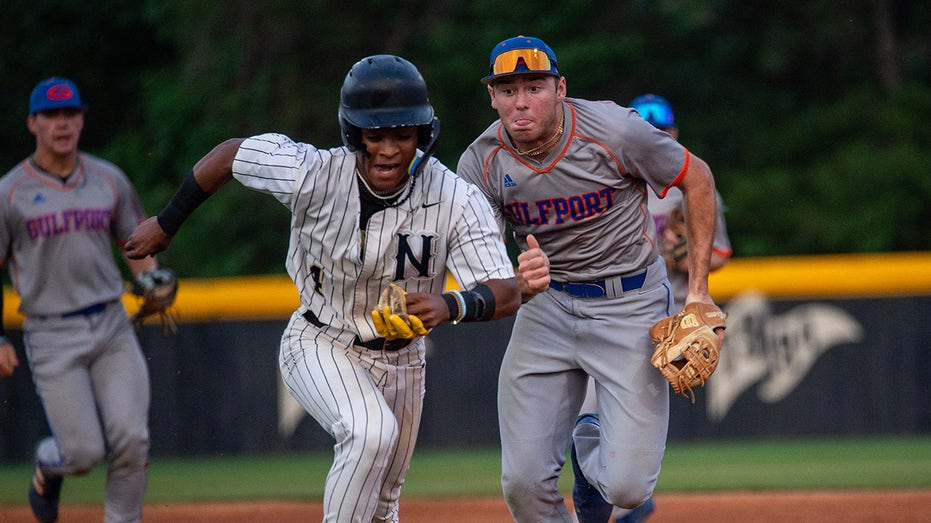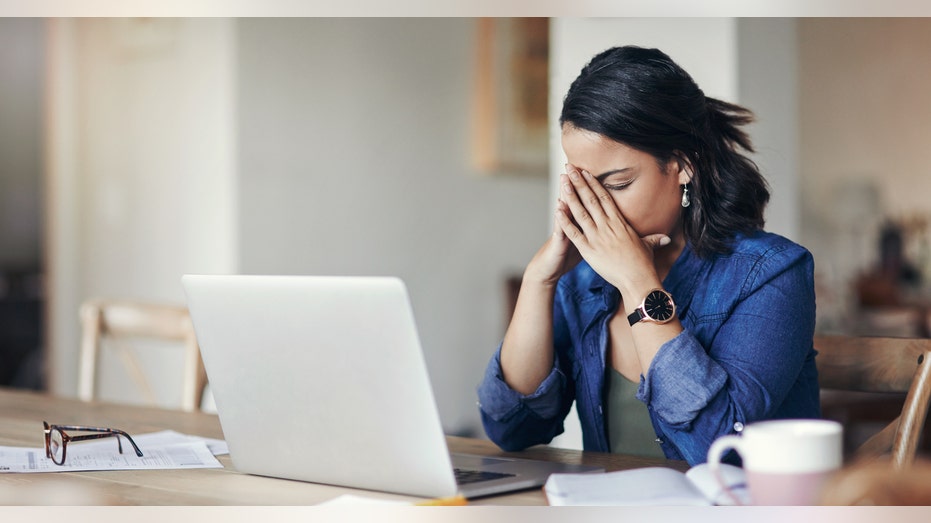BBC chair admits broadcaster took too long to address Trump documentary editing scandal

British Broadcasting Corporation (BBC) Chair Samir Shah on Monday admitted the broadcaster took too long to address the controversial documentary that President Donald Trump has called "false, defamatory, disparaging and inflammatory."
Shah was grilled by the United Kingdom’s Culture, Media & Sport Committee, which held a hearing questioning the BBC’s leadership as the news organization has come under intense scrutiny over a documentary about Trump’s Jan. 6, 2021, speech delivered before the attack on the U.S. Capitol. Critics claim the documentary was misleading because it omitted Trump's call for supporters to protest peacefully, and the president has suggested a multibillion-dollar lawsuit is looming.
The BBC "Panorama" documentary "Trump: A Second Chance?" omitted Trump urging his supporters to protest "peacefully" and instead spliced two separate comments made nearly an hour apart, creating the impression that he was calling for violence.
TRUMP PLANNING LAWSUIT OF UP TO $5 BILLION AGAINST BBC OVER EDITED JAN 6 SPEECH DOCUMENTARY
"I’d like to take this opportunity, first of all, to apologize, to all the people who believe in the BBC, care for it, and wish for it to survive and thrive," Shah said to begin his remarks before the committee.
"I regret the mistakes that have been made and the impact that it’s had," Shah said.
Trump's legal team issued the BBC a legal threat, demanding a full retraction and an apology as well as financial compensation. The broadcaster did issue an apology and said it had "no plans" to re-air the documentary but stopped short of fulfilling Trump’s demands and insisted there was no basis for the defamation claim.
Shah said that executives, including now-former BBC News CEO Deborah Turness, wanted to publicly apologize for the documentary sooner, but he didn’t think their plan was sufficient.
"I heard the news wanted to apologize for the splicing of the edit… I thought that a necessary thing to do but wasn’t sufficient," he said.
BBC APOLOGIZES TO TRUMP AMID $1 BILLION LEGAL THREAT
"I think the real issue here was the impression left that President Trump, in the 6th of January speech, had encouraged, called for violent actions," Shah continued. "What we had to apologize for was that, as well as the splicing of the edit."
Shah said editing interviews is "normal journalistic practice," and therefore a simple edit was not the problem.
"The problem was the impression that it led, an impression that President Trump had called for direct violent action and that wasn’t the case. That is what I thought needed to be apologized for," Shah said.
He was then asked why it took so long to apologize, as the BBC board met about the debacle in May but didn’t apologize to Trump until November.
"Looking back, I think we should have made the decision earlier," Shah said.
"We should have pursued it to the end and got to the bottom of it," he continued. "And not wait as we did until it became public discourse."
BBC CHAIR TELLS STAFFERS IT'S DETERMINED TO FIGHT TRUMP LAWSUIT OFF, NO BASIS FOR DEFAMATION CLAIM
Trump’s legal team has continued to say the documentary defamed President Trump.
"The BBC defamed President Trump by intentionally and deceitfully editing its documentary in order to try and interfere in the Presidential Election. President Trump will continue to hold accountable those who traffic in lies, deception, and fake news," a spokesperson for Trump’s legal team told Fox News Digital.
The controversy began with a bombshell report from The Telegraph that featured excerpts from a whistleblower dossier compiled by Michael Prescott, a communications advisor hired by the BBC to review its editorial standards. The dossier led to the resignations of Turness and BBC Director-General Tim Davie.
Prescott was also present for the hearing and insisted he sounded the alarm out of "love" for the British broadcaster.
"At the most fundamental level, I wrote that memo, and let me be clear, because I am a strong supporter of the BBC. The BBC employs talented professionals… and most people in this country, certainly myself included, might go as far to say that they love the BBC," Prescott said.
CLICK HERE FOR MORE COVERAGE OF MEDIA AND CULTURE
"What troubled me was that during my three years on the BBC’s standards committee, we kept seeing insipient problems which I thought were not being tackled properly," he continued. "I thought the problems were getting worse."
Prescott said it was "especially troubling" that the BBC was botching its chance to separate itself from lesser outlets that publish misinformation and fake news.
"There's real work that needs to be done at the BBC," Prescott said, noting that he would have also spoken out if the BBC’s gaffe helped Trump’s opponent, former Vice President Kamala Harris.
"I just want it to be impartial, accurate and fair," Prescott said.
Fox News Digital's Joseph A. Wulfsohn contributed to this report.
What's Your Reaction?
 Like
0
Like
0
 Dislike
0
Dislike
0
 Love
0
Love
0
 Funny
0
Funny
0
 Angry
0
Angry
0
 Sad
0
Sad
0
 Wow
0
Wow
0
